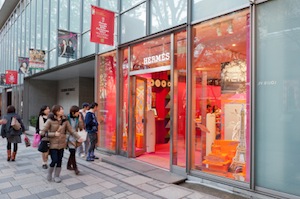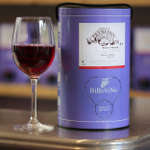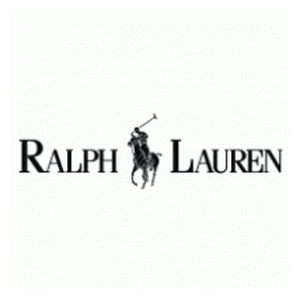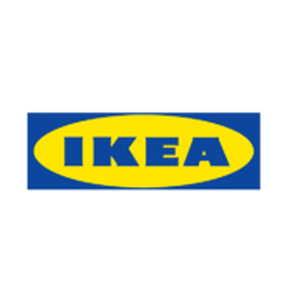
 At the end of a season, several options are available for store owners and companies to sell their remaining stock: promotional initiatives, sales, clearance stores… But in the luxury sector, these practices are seen as harming the brand image. It is, therefore, common practice for brands to avoid these marketing techniques to sell off their products. On the one hand, luxury goods companies such as Louis Vuitton are completely against it. “It is not in our interest to do it. We don’t have any unsold products as our quality products are in demand. We see no reason to sell off cheaply the work of our workshops”, explained the management team, a few years ago. On the other, some luxury goods companies go via different controlled circuits, such as private sales and resale abroad.
At the end of a season, several options are available for store owners and companies to sell their remaining stock: promotional initiatives, sales, clearance stores… But in the luxury sector, these practices are seen as harming the brand image. It is, therefore, common practice for brands to avoid these marketing techniques to sell off their products. On the one hand, luxury goods companies such as Louis Vuitton are completely against it. “It is not in our interest to do it. We don’t have any unsold products as our quality products are in demand. We see no reason to sell off cheaply the work of our workshops”, explained the management team, a few years ago. On the other, some luxury goods companies go via different controlled circuits, such as private sales and resale abroad.
The concept of private sales is very particular. We rarely talk about sales in the luxury goods sector, so they are organised as events and not as commercial operations. The invitation list is reduced, reductions are limited compared to sales and you have to be patient as the wait at the entrance can be long. Before carrying out private sales, merchandise is often offered first to employees.
With resale abroad, the circuits are exclusive and purchasers carefully selected. In France, buying luxury products at reduced prices is still frowned upon, whereas in the USA, luxury brand outlet stores are a well developed sector. Professionals have difficulties in negotiating the purchase of unsold goods, in particular those destined for incineration.
However, articles which are still unsold end up being destroyed. On the one hand, it is sometimes more interesting for stores to destroy products rather than sell them. But the main motivation for brands such as Chanel, Hermès and Vuitton remains control over their brand image. Entire stocks of unsold goods from temporary collections are discreetly incinerated each year. “It is the final solution when all the others have been exhausted. Hermès realises that is delicate in terms of image, but it is the only way to retain the brand's exclusive image”, underlines a former Company manager.
To avoid reaching this stage, stores are increasingly developing resale initiatives. Since recently, Hermès organises short-term sales open to all. Other brands have finally adopted monitoring systems for sales in each store, in order to optimise production and distribution.
News in the same category
It is no use looking for a bottle of wine in BiBoVino stores, as bottles have simply been replaced by Bag-in-Boxes (BiB) of 3 or 5 litres. However, the store makes a point of selecting quality wines.
Since first opening in June 2017, the new Norfolk Premium Outlets mall has quickly established itself as a prime shopping location with a host of well known, top quality brands among the fifty shops that are currently open.
Pet lovers in Whitby will be pleased to hear that there is a new superstore now open in the town set to offer everything that their pets need.
Following it's continued success in the UK, IKEA look set to open some new style stores after a positive response was received to a smaller store format that opened recently on London's Tottenham Court Road.




